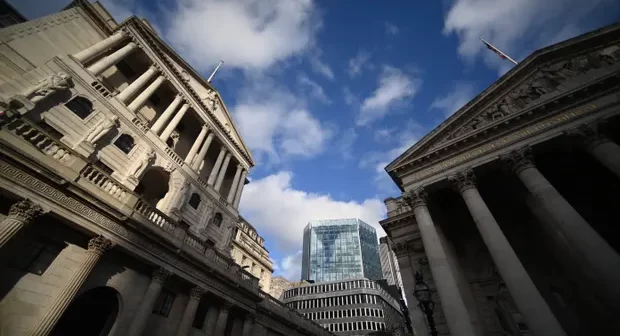The Bank of England has raised interest rates by 0.5 percentage points to 3.5% in an effort to combat double-digit inflation that has caused a widespread cost of living crisis.
Members of the central bank’s monetary policy committee voted to increase the cost of borrowing after the consumer prices index (CPI) in November showed annual inflation of 10.7%.
The move takes UK rates to the highest level since October 2008, and comes despite expectations that the UK is falling into a long recession. However, it marked a slowdown in the pace of rate rises, after the MPC increased borrowing costs by 0.75 percentage points at its meeting in November.
It was in line with forecasts by City analysts who said the MPC had avoided a more aggressive increase after inflation fell from 11.1% in October and forecasts suggested price rises have peaked.
Nevertheless, the rise will pressure ministers to support households hit by the double-whammy of high energy and food prives and a jump in monthly mortgage borrowing payments.
A recession is expected to last through much of 2023 as consumers struggle to maintain spending and businesses terminate investment plans.

